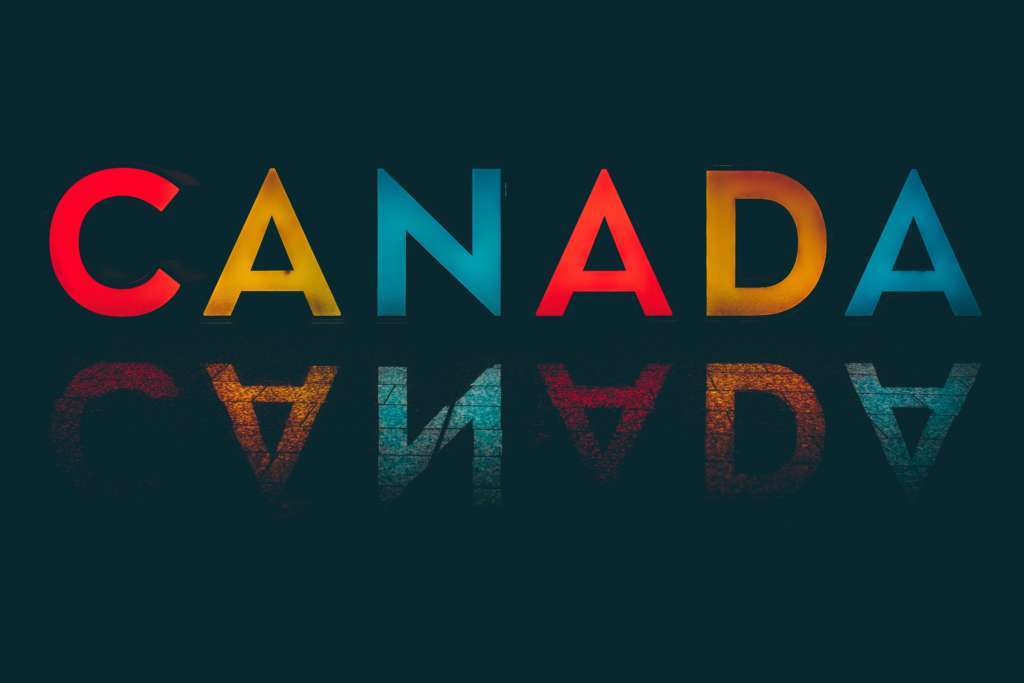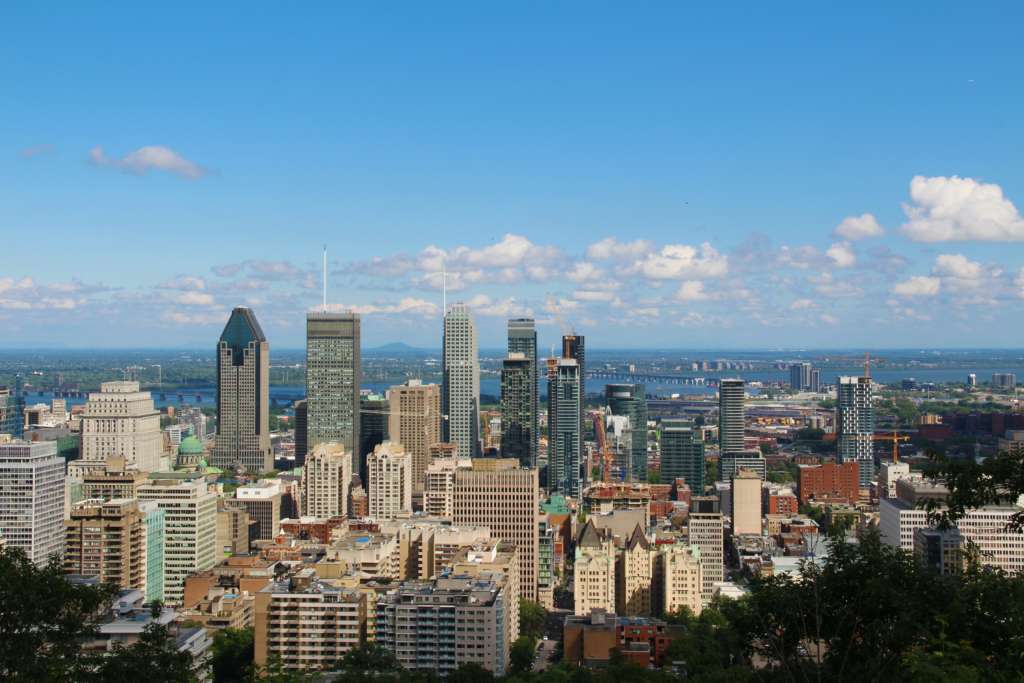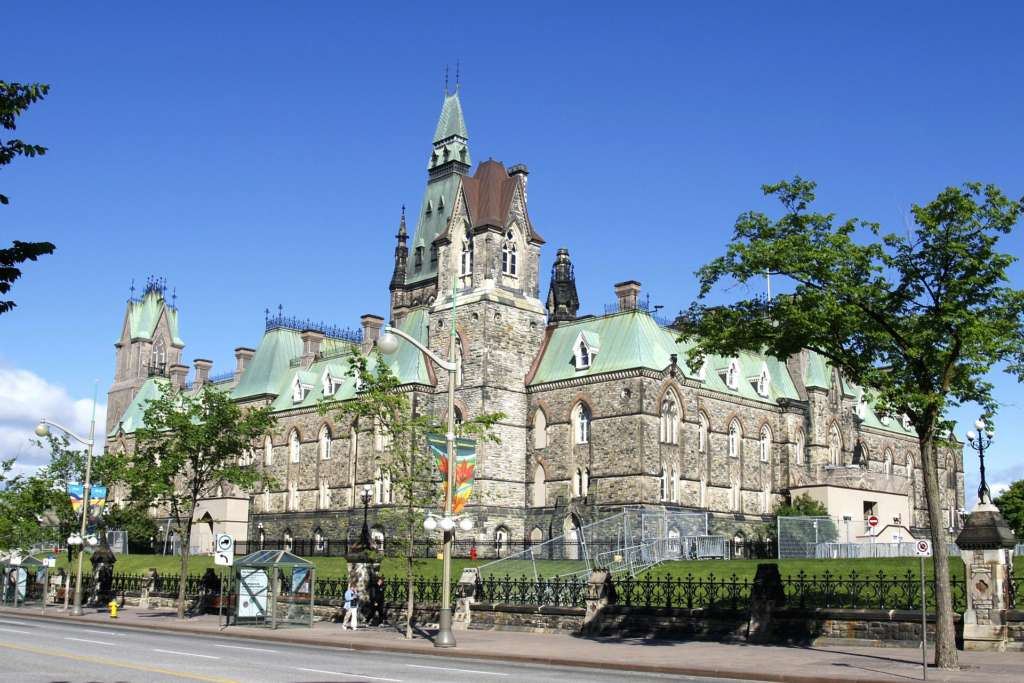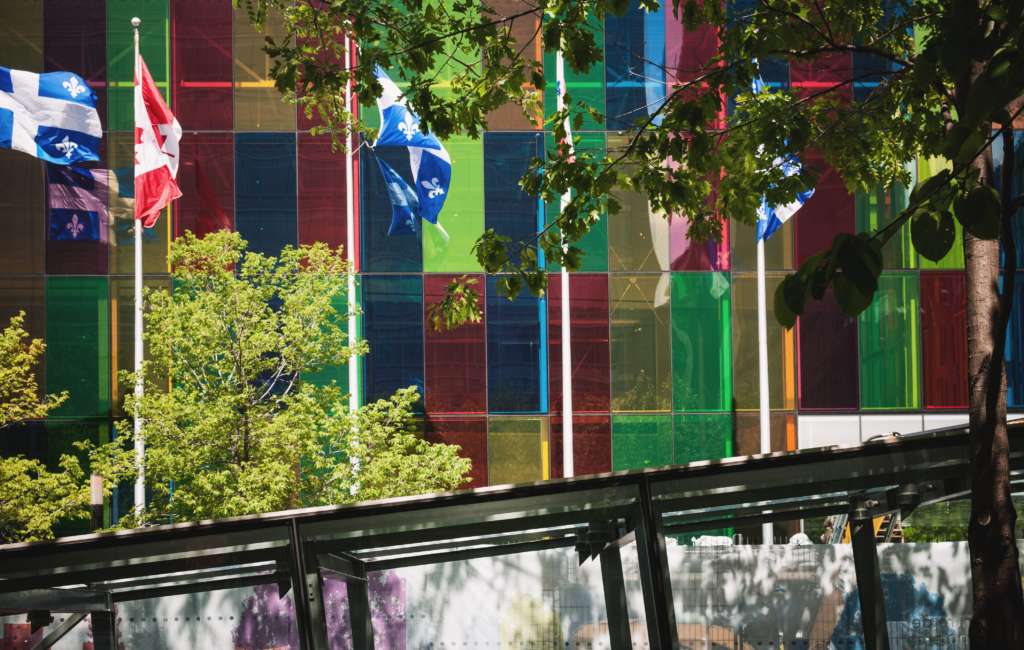CAQ for studies: how to respond to an intention to refuse notice
The most common reasons for receiving a notice of intention to refuse
Contrary to a study permit application, the MIFI will not evaluate if a person will leave Quebec at the end of their studies. They will only evaluate if the person is registered at a designated learning institution, has sufficient funds, and if the person has respected the conditions of the previous CAQ (in case of a CAQ renewal application). For this reason, a notice of intention to refuse will usually be about the following reasons:- You have not been a full-time student
- You have insufficient funds to support yourself during your stay in Quebec
- You were not covered by health and hospitalization insurance
Full-time studies
One of the conditions of being a student in Quebec and having a CAQ is to study full-time for the level of study written on the CAQ. When applying to renew their CAQ, applicants must demonstrate that they were full-time students and have made progress in their studies during the period of validity of their CAQ. Applicants must provide their original transcripts and enrollment confirmation letter from their institution. In some circumstances, applicants who did not study full-time or have failed classes for a variety of reasons receive a notice of intention to refuse when renewing their CAQ. The notice can look like this:- Original copy of report cards or transcripts from the Québec educational institution you attended, or certified true copy by that institution, covering the entire period of your previous CAQ for studies:
- for the report card or transcript received does not cover the entire period of validity of the previous CAQ.
- for your report or transcript indicates that you were registered part-time during one or several semesters.
- for your report or transcript indicates that you failed many courses.
- Letter dated and signed by yourself explaining why there are many failed or abandoned courses in your marks transcripts or why you were not registered during one or more regular terms
- Document(s) proving your explanations as to why you did not make your studies your principal activity during the total period covered by your previous CAQ for studies
- You had to take a leave of absence for medical reasons (a note from your doctor will be required);
- You had a family emergency;
- You had to return to your home country for any reason and were not physically in Quebec;
- You postponed your program start date and arrived in Quebec later on;
- Etc.
Insufficient funds
In case of a CAQ renewal application or an initial application if you reside in certain countries such as the USA, France and Mexico, proof of sufficient funds are required to obtain a CAQ. If the proofs presented are insufficient, the MIFI issues a notice of intention to refuse that looks like this:- Recent proof of your financial capacity to take on the expenses related to your studies in Québec: paycheque statement(s), letter from current employer specifying the salary, income tax return notice, bank letter(s) showing current balance:
- for the documented financial resources are insufficient.
- Declaration of financial support signed by the person, other than yourself, who will cover the costs related to your stay in Québec
- Recent documents proving the financial capacity of the person, other than yourself, who will cover the costs related to your stay in Québec: a letter from an employer specifying the salary, paycheque statement(s), income tax return notice, bank letter(s) showing current balance, etc.
Minimum funds required
The MIFI requires that you demonstrate you have sufficient funds to cover the tuition fees of your program (and not just the first year), the living costs in Quebec, the insurance costs and the settlement fees. For example, if your tuition fees are 25 000$ and you are single, you would need to demonstrate a total of 39 349$ (25 000$ in tuition fees + 14 349$ in living costs). You should add to this number the cost of the insurance (unless it is already purchased and included in your application) and the settlement fees of 500$ (if it is an initial CAQ application). You can consult the MIFI’s website to determine the minimum living expenses. The numbers are updated annually and depend on your family composition. Although it is important to know the minimum requirements, the best practice is just to present as many proofs as possible.Acceptable proofs
Acceptable proofs for the application differ whether you are supporting yourself or if someone else is responsible for your expenses. If you are supporting yourself, you can present your bank statements or certificates, proof of tuition fees already paid, proof of bursaries, if any and proof of your part-time employment such as a work attestation, pay stubs and tax returns. The MIFI accepts proofs of your employment for the purpose of evaluating your funds available, although the condition to obtain a study permit is to have sufficient funds without having to work in Canada. If someone else is financing your studies, that person must sign a Declaration of financial support letter and present proofs such as bank statements, proofs of their income and other investments. You can also have more than one person supporting you. In that case, each person must sign a separate Declaration of financial support letter and provide their documents.Not being covered by health and hospitalization insurance
It is mandatory to be insured while being an international student in Quebec and failure to do so can lead to a refusal of your CAQ application. If you receive a notice of intention to refuse due to not being covered by health and hospitalization insurance during your studies in Quebec, you must provide a letter of explanation and proofs to justify the reasons why you were not insured. Circumstances differ and a letter of explanation can sometimes be sufficient to overcome a notice of intention to refuse. For example, if you were not insured for a month because you forgot to renew your insurance on time, but were insured the rest of the time and have adhered to all of the other conditions of your stay in Quebec, such as full-time study, it is probable that the officer will accept your explanation. While it is not guaranteed that your explanation will be accepted, it is mandatory to explain why you were not insured.Other possible reasons to be aware of
Some other reasons to receive a notice of intention to refuse are missing or incorrect signatures and outdated enrollment letters.Signature
- Form Declaration, commitments and authorizations duly signed and dated (This form is in your online file, within the PDF attached to the message of confirmation of payment):
- for you are a minor and the form received was not signed by one of your parents.
- for the signature of the form received does not match that of the passport or identity document provided from your parent.
- because the signature of the form received does not correspond to that of the passport or the document ID provided.
- for a photocopied, faxed or digitalized signature is not accepted.
Letter of admission or enrollment
- Letter of admission from the Registrar's Office (or the Admissions Office) of the educational institution that you will be attending:
- for the term's registration date mentioned in the letter received has passed.
- Official letter from the Registrar's Office of the educational institution that you are attending, establishing your status as a full-time or as a part-time student and the number of credits obtained or to be obtained, if applicable:
- for the letter received is not recent enough.













